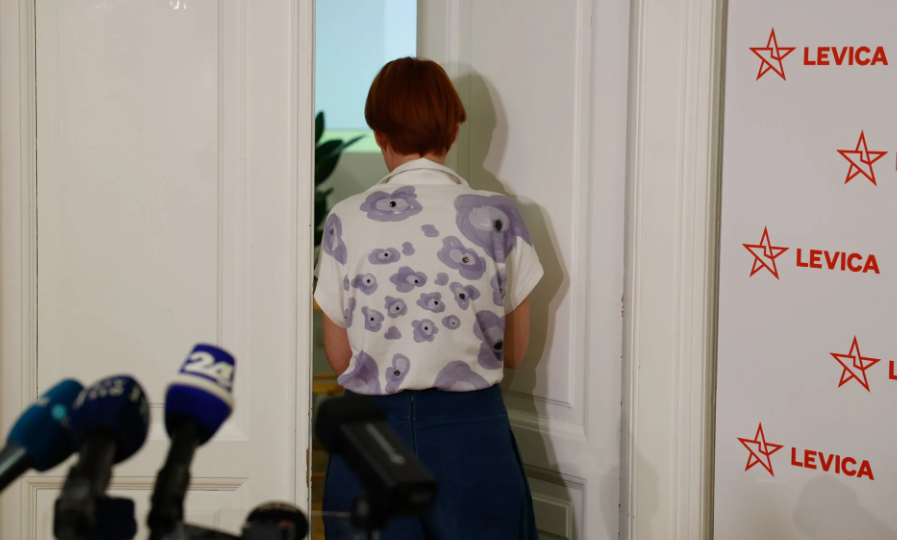The story of the rejection of the law on pension bonuses for deserving artists in the referendum is far from over. On the contrary, it has triggered a wave of pressure to hold the Minister of Culture, Asta Vrečko, politically accountable for proposing unwise legislation and mismanaging the state budget. After the referendum defeat, where voters clearly rejected a law advocated by Minister Vrečko, MPs from the New Slovenia party (Nova Slovenija – NSi) and the Democrats (Demokrati) – the unaffiliated group of deputies, launched a new front: they tabled an interpellation against the Minister in the National Assembly. Meanwhile, Janša has accused the Democrats of “post-festum” action.
The accusations go well beyond the controversial law. Among other things, they accuse Minister Asta Vrečko of mismanagement of public funds, breaches of cultural heritage legislation and even “systematic destruction of the values of Slovenian independence.”
The MPs claim that the Minister has acted unscrupulously and illegally by making unjustified payments from the budget, which undermines confidence in state institutions. In addition, she is alleged to have conducted cultural policy without expert analysis, without public debate, and to the detriment of citizens and employees of cultural institutions. The accusation that she is undermining the foundations on which independent Slovenia was founded by equating pre- and post-independence history is particularly harsh.
By filing an interpellation – the 11th one against members of Robert Golob‘s team in the current mandate, the opposition is sending a clear message that it wants to hold those involved in the matter politically accountable. Although the New Slovenia party alone does not have enough MPs for an interpellation, this time, the support of the unaffiliated Democrats has been secured.
The leader of the opposition, Janez Janša, wrote at the time of the Logar Democrats’ filing of the interpellation: “We are looking for a public appeal from the Democrats with a stolen name and credentials to the voters to participate and vote in the referendum. Does anyone have one? Because after the referendum victory, they have strangely come to life. Before it, the referendum was unnecessary in their opinion.”
There are many reasons for Asta Vrečko’s departure
Incidentally, we have seen a lot of madness in the Ministry of Culture under the leadership of Asta Vrečko lately. We recently reported that taxpayers have to pay contributions to the artistic elite – more than 450 euros a month. And now, Minister Vrečko would also like to pay for the “invisible” work of the self-employed in culture.
Let us also remind you of the bizarre media law that would save the failing transitional media and introduce repression against online influencers.
But the question now is not only whether Asta Vrečko will survive the interpellation, but also how much longer the political reality will allow her to continue to stay at the helm of the ministry. Will she resign before the vote even comes? Will Prime Minister Golob remove her from the post, to blur the impression of political defeat? Or will they find some other reason to quietly remove her, to save face? Whatever the case, all the signs are that her days in the current government are slowly but steadily coming to an end.
A. G.


